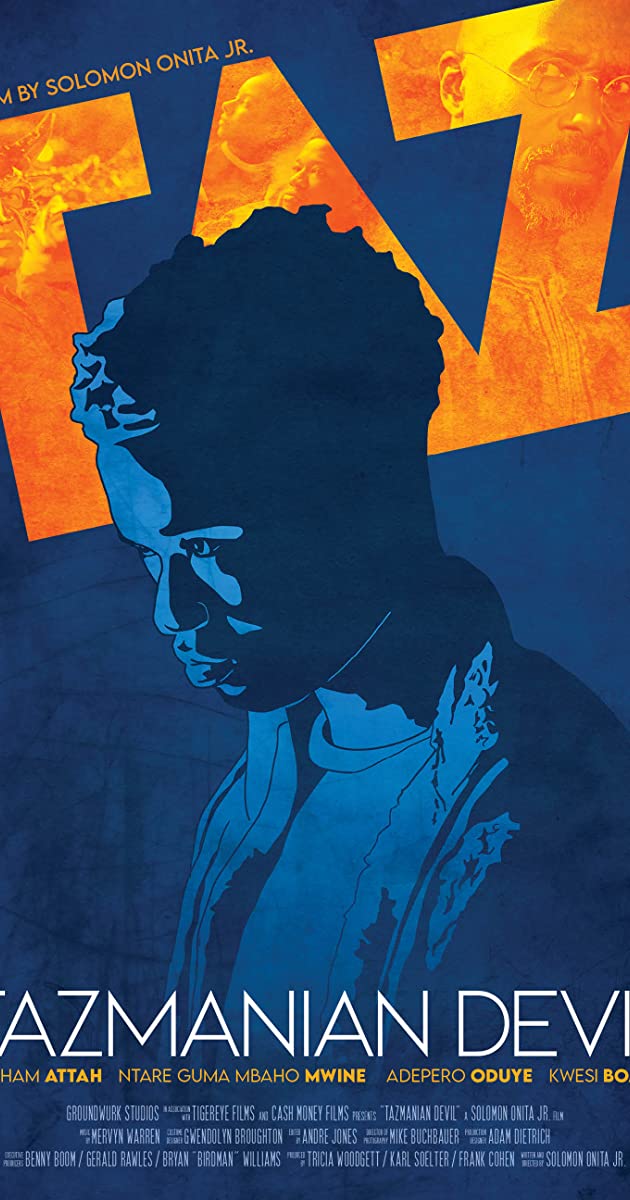

Llazi Sërbo was an Albanian movie and theater actor and later director. His forty years long activity included around 100 roles. Sërbo was born in the city of Korçë, where he finished the elementary and high school. After high school he worked as a painting teacher in the town of Pogradec. After two years of teaching he attended the Academy of Arts in Tirana, where he profitably studied acting in the following four years. Sërbo was for the following forty years an actor and director in the Andon Z. Çajupi theatre of Korçë. He also had prominent roles in many movies produced by the Albanian Kinostudio Shqipëria e Re. His first role in theatre was in the Njollat e murrme drama (Translation: The Black Spots). He also acted in many Albanian films. His first role in a movie was in Yjet e Neteve te gjata (Translation: Stars of Long Nights) (1972), where he actually did not pronounce a single word. His first starring role came in the Operacioni Zjarri film (Translation: Operation Fire) (1973), where Sërbo had the role of Kreshnik Martini, a Security agent, infiltrated into an anti-communist band operating in northern Albania in 1953, a scenario taken from a real story. After that movie, Sërbo was one of the victims of the 1973 purges of the 11th Plenum of the Communist Party of Albania, which caused him to disappear from any movies for a full four-year period: during this time he played only on theatre roles. Upon his return to cinematography, he continued to excel in all the roles he played. Memorable is the role of the German Wehrmacht official in the Nusja dhe shtetrrethimi film (Translation: The Bride and the Curfew) (1978). Sërbo was considered to be a handsome actor and never passed unobserved in his movies, rather his presence was felt. In addition to his good appearance, he was often said by movie directors to be a perfectionist in his approach to acting. In the "Kush vdes në këmbë" movie (Translation: Who dies on his feet) (1984), dedicated to the figure of 19th century patriot and Albanian language teacher, Petro Nini Luarasi, Sërbo refused to show up at the rehearsals and threatened to leave the cast and travel back to his hometown, because he had not been given the right shoes to play his part, that of Ajaz Gjika, a kachak. Sërbo demanded 19th century shoes so that he could fit perfectly in the character. Sërbo also demanded and obtained an excellent horse to play the movie, rather than the one which he had initially been given, because, according to him, "the horse should have a fierce character, similar to that of his master". The horse that ended up playing the movie was, in fact, of an excellent breed, because movie director, Vladimir Prifti, in order to please the actor, found a way to "recruit" the grand-grandchild of Naklon, a horse donated by Joseph Stalin to Albania in the 1950s. The horse had a cost that would today be the equivalent of $2-3 million. In 1986, one year after Enver Hoxha's death, Sërbo moved to Tirana, where he started to work as an assistant director and had the chance to co-direct a number of movies. He also worked as a director in the theater. Sërbo was critical in the last years with the fact that, according to him, there are more actors than premieres. Sërbo was the author of Kostandine and Doruntine and co-scenarist of the theatrical piece with the Albanian well-known writer Ismail Kadare - IMDb Mini Biography By: Chihiro